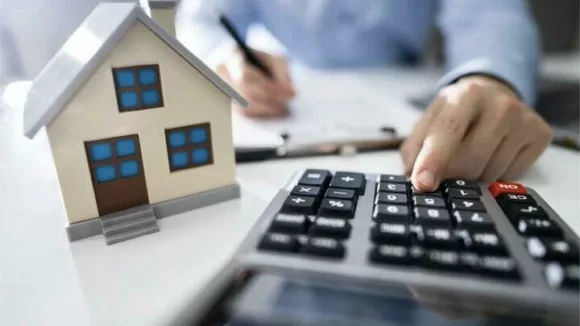
Number Crunching
Property investment calculators
New Zealand's most comprehensive suite of investment property calculators
Figure out whether a property is worth investing in or not
Running the numbers on a potential investment is crucial for any property investor. Successful investors know that investing in property is less about the house and more about the investment (the numbers).
The property investment calculator, shown above, gives you the 7 key numbers you need to know when analysing a potential investment, forecast over 10 years.
It's essential to recognise before we get started, that the numbers shown in this property investment calculator are averages only. The figures shown will not be the same every single week that you hold the property. You will need to weather the ups and downs over the market. However, knowing these averages may give you the confidence to hold over time.
We'll work through each of the inputs for the property investment calculator, showing you what they all mean.
Value of the property
This is what the property is worth. As shown below in the assumptions, we use this to calculate the mortgage on the property.
Cash deposit
This is if you have any cash that you will use as the deposit for the property. If you use $0, then we will assume that you will secure the property with 100% lending. This will likely mean you are using another property (or properties) to secure the deposit. To calculate whether you have enough equity to invest in property without a cash deposit, use our equity calculator.
Capital growth rate
This is how quickly you expect the property to increase in value each year. The average for New Zealand properties over the last 20 years is 6.36% (REINZ, Aug 1999 - Aug 2019). We use a more conservative default figure of 5% in this property investment calculator. Use our capital growth calculator to see what a property might be worth over time.
Condition of the property
The condition of the property impacts the level of maintenance required on the property each year. We estimate this as $500 per year for a brand-new property, $1000 per year for a 'New-Ish' property (less than 20 years old), and $2000 per year for an 'Older' property (20 years+ old)
Rent per week
This is what the tenant pays you each week. The property investment calculator forecasts that it will increase at a rate of 2% per year, which is our assumed inflation rate.
We'll work through each of the outputs for the calculator, showing you what they all mean.
Equity in the property in 10 years
This is the amount of equity that is forecast to be within the property in 10 years.
Average rent per week
This is the amount of rent paid by the tenant per week, adjusted per inflation.
Average expenses per week
This is the total expenses that you need to pay per week, adjusted for inflation.
Net cashflow per week
This is the difference between your rent per week and the total estimated expenses of your investment property.
Cashflow position
This is whether your property:
No position is inherently good or bad; it is just essential to understand how the property is expected to function.
It should also be noted that a property may start as cashflow negative and turn into a cashflow positive property. This is because over time, the rent of a property will go up, but the most significant expense (the mortgage) will remain stable for as long as interest rates remain constant. This change over time is not shown in this property investment calculator as it shows averages only.
Equity gain per week
This is the amount that your property will go up each week over a 10-year average.
Net gain per week
This is the combination of the equity gain received each week, plus the cash flow position each week.
To make the property investment calculator simple to use, we have included some assumptions about the investment and the economy. In particular, we have assumed:
You may also want to see whether the property will earn you money each week, or require an additional investment to keep going. Use our rental yield calculator to run these numbers.
If you want to run the numbers using another method, Opes has a full range of other calculators that you can find and use.
This article is for your general information. It’s not financial advice. See here for details about our Financial Advice Provider Disclosure. So Opes isn’t telling you what to do with your own money.
We’ve made every effort to make sure the information is accurate. But we occasionally get the odd fact wrong. Make sure you do your own research or talk to a financial adviser before making any investment decisions.
You might like to use us or another financial adviser